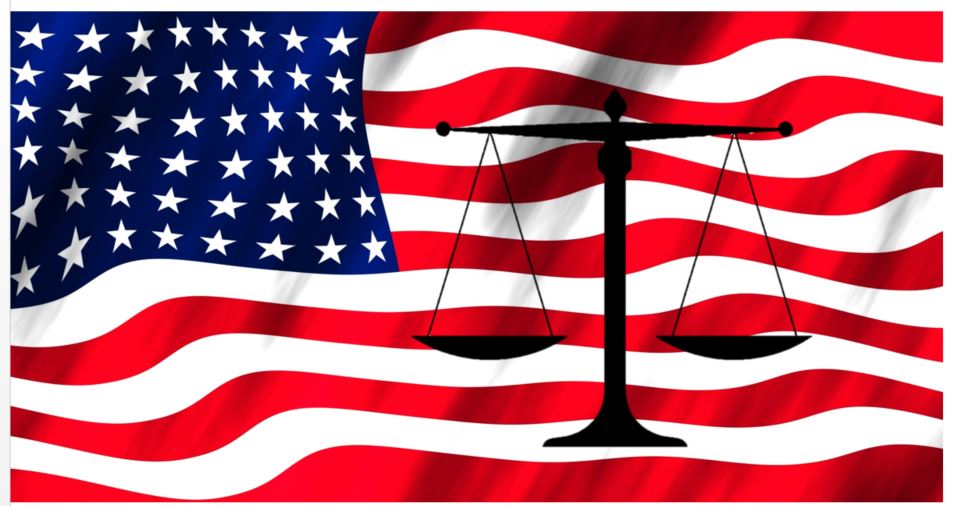
Florida currently has 32 veterans courts in operation, including in Escambia and Okaloosa Counties. The newly released Senate Budget Proposal includes a $150,000 non-recurring appropriation to help start the service in Santa Rosa County – an effort that’s been discussed for years, according to judicial sources.
Currently Circuit Judge Gary Berosh presides over Veterans Treatment Court in Escambia and Santa Rosa Counties, but the court takes place in Escambia. He said it’s possible County Judge Tony Giraud, an Army veteran, could take over the Santa Rosa cases. Bergosh noted there is a strong camaraderie amongst those who have served in the military, pointing out that he and Giraud are only two of three judges, out of around 38 judges in the First Judicial Circuit, to have served in the military. “There may be enough growth to have a veterans court in Santa Rosa now,” Bergosh said, noting that the current system serving both counties “works well.” He also noted that Okaloosa also serves Walton County.
Bergosh went on to credit General Judge Representative Patt Maney, who now serves as Florida House District 4 Representative, for helping establish the program statewide, noting that the related 2012 legislation was named T. Patt Maney Veterans’ Treatment Intervention Act.
Veterans courts address a need for some veterans who struggle with integrating back into the community, following the traumatic experience of war, aiming to “assist justice-involved defendants with the complex treatment needs associated with substance abuse, mental health, and other issues,” according to Florida’s Office of the State Courts Administrator.
Eligible participants can enter veterans court, which generally lasts 12-18 months, via deferred prosecution or a condition of probation. The voluntary program includes a specialized court docket for veteran defendants, replacing the traditional court process with a problem-solving approach.
Veterans who were discharged or released under any condition, servicemembers, individuals who are current or former United States Department of Defense contractors, and individuals who are current or former military members of a foreign allied country are eligible, per state statute.
Veterans courts utilize interagency collaboration between judges, prosecutors, public defenders and others, including but not limited to treatment providers, Veterans Health Administration and volunteers from groups such as the American Legion.
Jason Skobel, commander of American Legion Post 382 in Navarre, hopes the proposed funding makes it through the budgeting process. “A whole bunch of other counties and Legions do it,” he said, noting that if the appropriation is approved he will work to recruit volunteer mentors from within his group to support the court.
The Escambia Court Veterans Court touts itself as a “second change for those who served” and provides:
- On-going judicial supervision to monitor compliance with treatment recommendations
- Ready access to Veterans Administration services and resources
- Specialized substance abuse/mental health treatment services
- Social service support
- Employment and housing assistance
- Veteran peer mentoring
Upon successful completion of the program, in most cases the veteran’s charges will be dismissed, per Escambia County Veterans Court.
Judge Robert Russell, a retired City Court Judge from Buffalo, New York, created the country’s first Veterans Treatment Court in January 2008. Since then the effort, which emulates the Drug Court model, has been spreading across the nation.





























